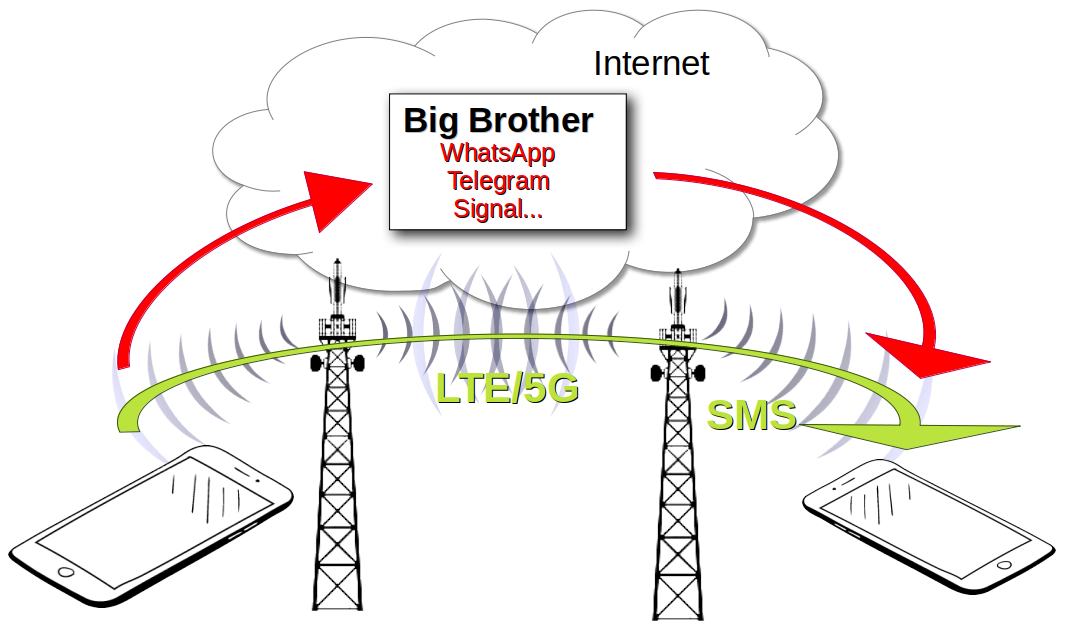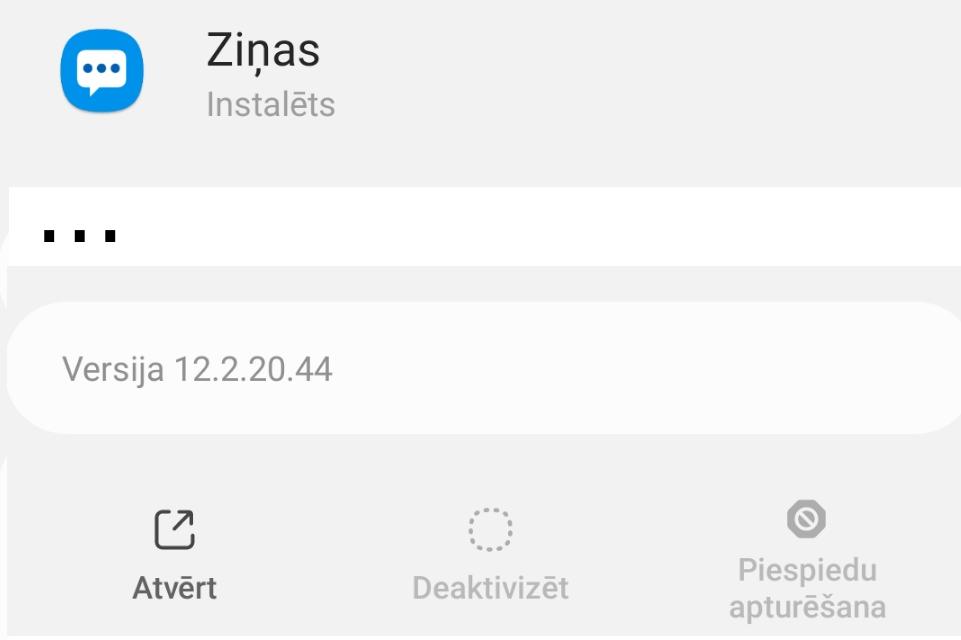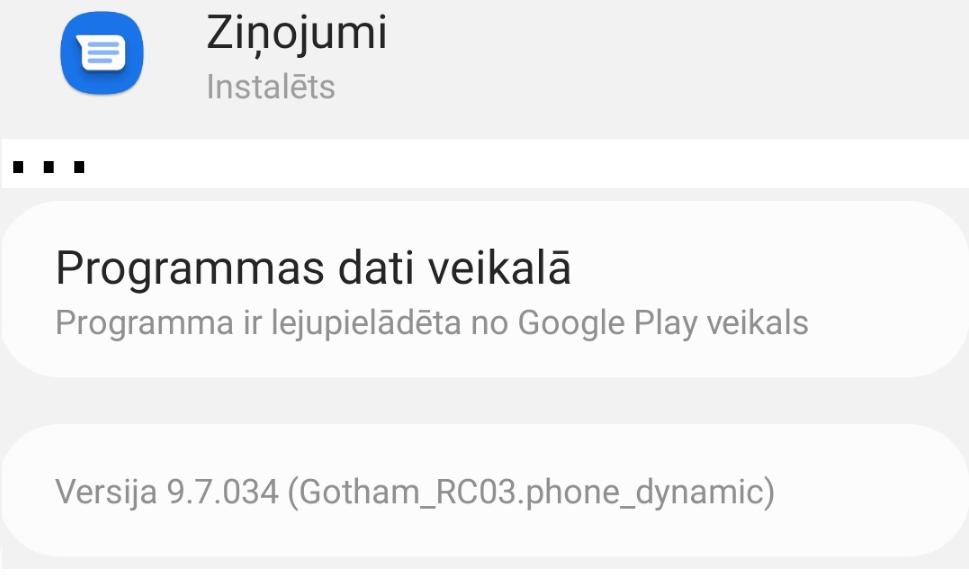You don't need Big Brother in your communication
Probably you remember the time when Facebook's WhatsApp communication around the world stopped working for several hours. Probably you don't know and don't remember that WhatsApp was disrupted during the riots in Kazakhstan as well. Although the two events are very different, they are united by one thing — WhatsApp communication is centralized — devices around the world communicate with each other through some WhatsApp servers. In short, it is communication through Big Brother.
Some recklessly think communication through Big Brother is not an issue, "because they have nothing to hide." If so do you, please tell everyone in public where you live, what your income is, what your faith, sexual orientation, illnesses are and what your biggest fears are. And if you don't want to reveal it to others, why are you revealing it to Big Brother? Note that the only source of revenue for Facebook-controlled WhatsApp is selling user data. Some unreasonably think there are "benevolent rulers", such as Apple, which "values users' privacy." But if that were true, how can Apple apps report child sexual abuse? And where is the Apple app source code that you can compile and install on your phone to make sure the app only does what Apple claims?
The key to the success and resilience of the Internet is that, although it is a hierarchical system, it is decentralized. The data exchange takes place as directly as possible. But many applications that rely on the Internet do not. Although dozens or even hundreds of servers can be used for redundancy and load sharing, these systems are essentially centralized. And, it is enough to break the center to halt the whole system.
It does not matter whether the Big Brother is uninterested ruler or controlling tyrant. A benevolent ruler can also be simply defeated by disabling access to its centralized system. For example, WhatsApp has only one address area with 1024 addresses, but Telegram has 3 address areas with 9216 addresses. And if authoritarian or tyrannical government doesn't like its citizens using WhatsApp or Telegram, they can force internet providers to block access to those addresses. This can be done in a matter of minutes, and that is what probably happened during the unrest in Kazakhstan.
But there are also decentralized systems. The text messaging standard SMS is decentralized. There are only a few mobile base stations as intermediaries to send a text message from one phone to another. They also can be tracked and disabled. But to do this, a single switch is not enough. Trackers must disconnect all involved base stations. And if a government decides to do so, it will be much more difficult, as there are many mobile operators operating in parallel.
The SMS protocol is for point-to-point messaging, so if you want to send the same text message to multiple people, your phone must send it to all selected recipients. But, for example, my Samsung Galaxy A41's default text messaging app, News (build version 12.2.20.44), doesn't allow you to create communication groups. There are groups in it, but I understand they're just for faster searching. (If you believe in conspiracy theories instead of the usual disinterest and negligence, it's possible that the Big Brothers are financially supporting phone manufacturers to incorporate infamous text messaging apps into their smartphones.)
You can find other Android text messaging apps in the Google Play Store, such as "Messages" (build 9.7.034 Gotham_RC03.phone_dynamic):
In this app, you can create groups of recipients and send the same text message to multiple recipients. Here are the steps to create and use a contact group. The app is not ideal, because when you send a text message to a group, it appears as a number of text messages sent to individual people. But if there was enough demand from users, Google and other providers would certainly make such apps more convenient.
With a high concentration of mobile phones, not even a base station is needed. Mobile phones (who know this) can communicate with each other in a peer-to-peer mesh network mesh network) using, for example, Serval or BRIAR applications.
In the European Union, the privacy and freedom of the people is a fundamental value. But there are many places in the world, where private communication can save lives and change destinies of nations.
Created by Valdis Vītoliņš on 2022-02-09 16:37
Last modified by Valdis Vītoliņš on 2025-05-07 20:42






